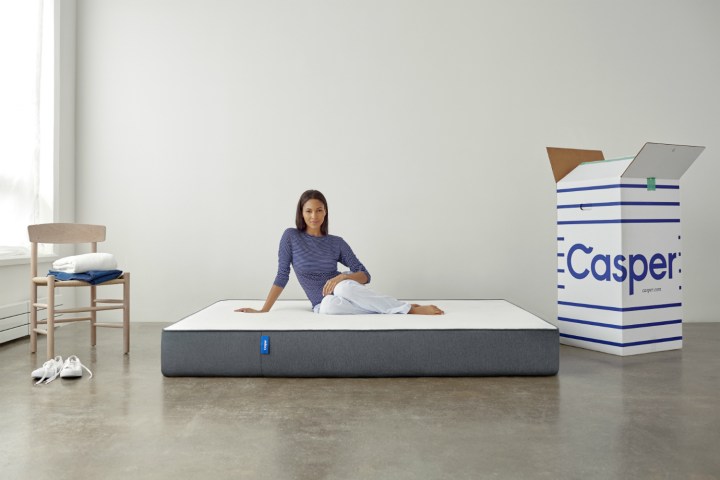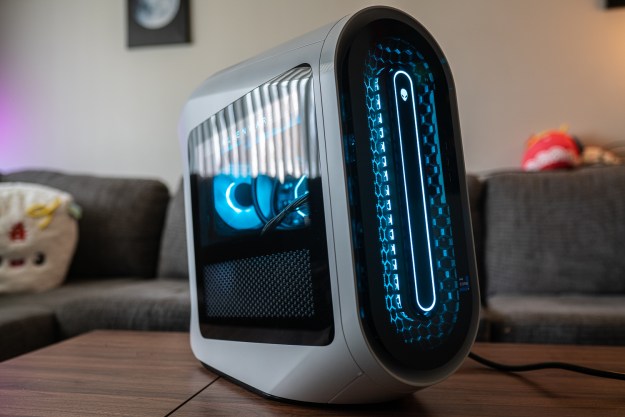
The lawsuit, which is seeking to be granted class-action status, claims that New Yorker Brady Cohen visited casper.com “several times over the past six months while he was shopping for a new mattress,” as CBS reported. But what Cohen (and most customers) didn’t realize was that Casper utilized NaviStone’s technology to figure out Cohen’s personally identifiable information (PII), such as his name and postal address, all without his explicit consent. The lawsuit alleges that Casper can keep tabs on a user’s keystrokes, mouse clicks, and more, helping the company obtain detailed data on user habits.
As the filing asserts, “…when connecting to a website that runs this remote code from NaviStone, a visitor’s IP address and other PII is sent to NaviStone in real-time. This real-time interception and transmission of visitors’ electronic communications begins as soon as the visitor loads casper.com into their web browser.” It continues, “The intercepted communications include, among other things, information typed on forms located on casper.com, regardless of whether the user completes the form or clicks ‘Submit.'”
Casper, for its part, has denied the charges, branding them as nothing but a “blatant attempt to cash in on and extort a successful, high-growth startup.” And for its part, NaviStone also seems surprised by the lawsuit. The company readily admits on its site that it allows clients to reach “previously unidentifiable website visitors,” but that it still complies with privacy laws.
“The first NaviStone heard of this lawsuit was when it was filed,” NaviStone said in a statement. “As a result, we have not had the opportunity to speak to the plaintiff or his attorneys about their concerns. We are hopeful that, once that conversation takes place, we can clear up any misunderstandings they may have regarding what NaviStone does — and does not.” All the same, NaviStone has come under fire this year, particularly after Gizmodo published a story on the 100-plus companies that appear to use the company’s code. Since that piece ran, companies including Wayfair and Road Scholar have revealed that they no longer use NaviStone, and just maybe, Casper will follow.
Editors' Recommendations
- Nvidia isn’t selling graphics cards — it’s selling DLSS
- Nvidia isn’t just beating AMD in graphics, it’s still gaining ground. Here’s why
- The Portal TV can track every move, but Facebook swears stalking isn’t the goal
- Windows 10 tablet mode isn’t disappearing, but it’s now harder to find
- Facebook’s crypto isn’t a new Bitcoin, it’s Disney Dollars for a new world order


